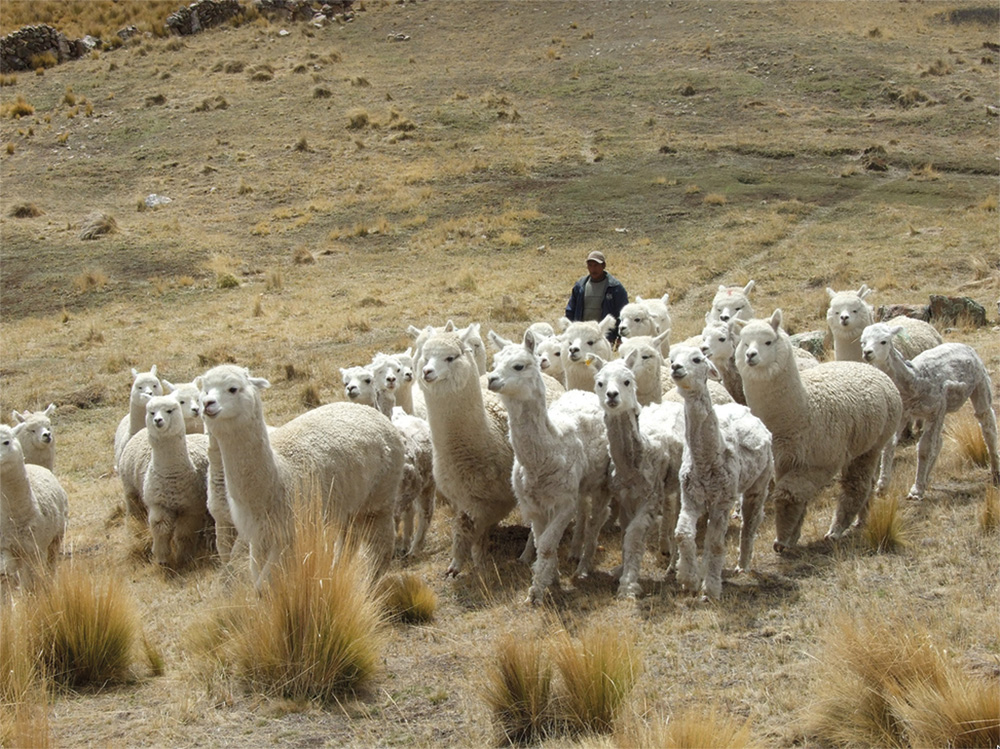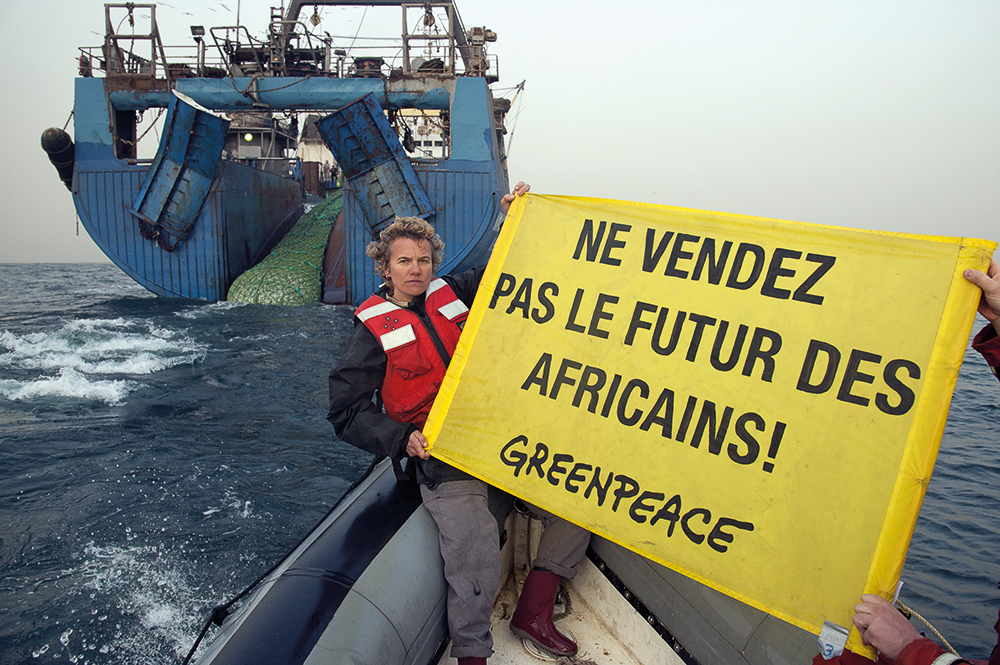DLG-Verlag was founded in 1952 as a subsidiary of DLG e.V. (Deutsche Landwirtschafts-Gesellschaft - German Agricultural Society) with its headquarter in Frankfurt/ Germany. The publishing company provides expertise for the agricultural and food sector.
With its subsidiaries Max-Eyth-Verlag and DLG-Agrofood Medien GmbH the DLG-Verlag offers books and magazines, as well as catalogs of the DLG's international DLG exhibitions.
Members:
Resources
Displaying 96 - 100 of 316The role of farmers’ organisations in defining national policies
Farmer organisations play a crucial role in the development of rural areas. But how influential are they when it comes to defining national policies? What can they achieve, and where are their limits? Our authors demonstrate this with regard to the small farmer organisations in South Africa.
Capacity development for agricultural policy advice
The changes in global agricultural markets over the past decade have major implications on agricultural policy. What are the challenges and opportunities for development-oriented agricultural policy-making? And what advisory capacities are needed to deliver substantive advice to developing countries’ governments? The answers to these questions constitute a new agenda for contemporary capacity development for agricultural policy advice.
Food security needs policy coherence
The 2013 OECD publication "Better Policies for Development" emphasises that building global food security requires a cross-cutting approach to policy coherence for development. It explores ways in which more coherent policies in advanced, emerging and developing economies alike, as well as, globally can contribute to improved global food security.
Agricultural policy reform and food security in China
In 1978, the rural reform began in China, and since then farmers, including the poor ones, have benefited from a steady growth in income and gradually strengthened food security. This article explains how China achieved food security in the past three decades, how the reform process has affected poverty reduction and what aims are established to deal with extreme poverty and child malnutrition for the period of 2011–2020.
Agricultural policies in the 2010’s: the contemporary agenda
Agricultural development has moved up the agenda. Today it has not only to reduce poverty and hunger, but also become environmentally sustainable and climate smart. Disputes over agricultural policies are highly visible, but consensus exists on fundamentals for growth. It is not just what to do that matters, but also how to do it. Increasingly, the search is not for optimal policy, but for ‘good fit’, or even ‘good-enough’ policy.






